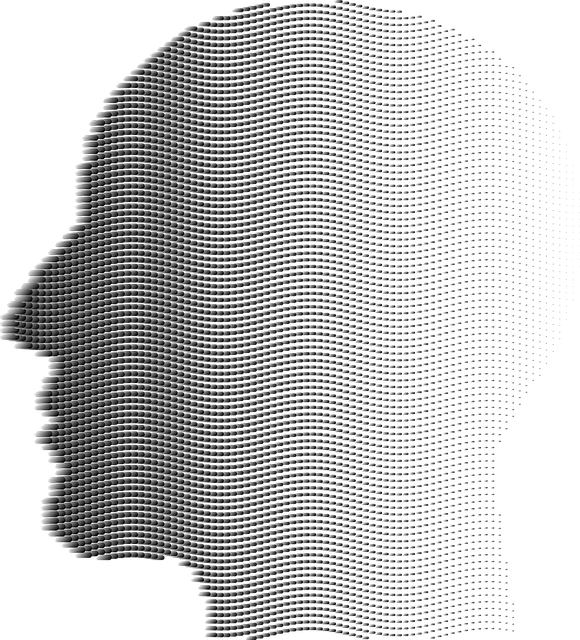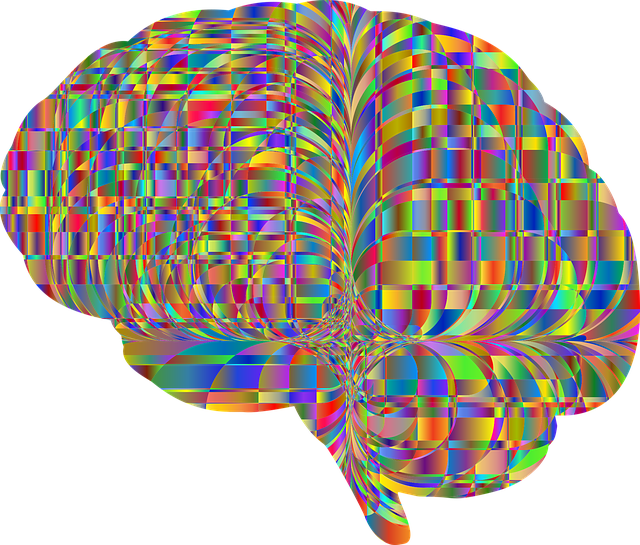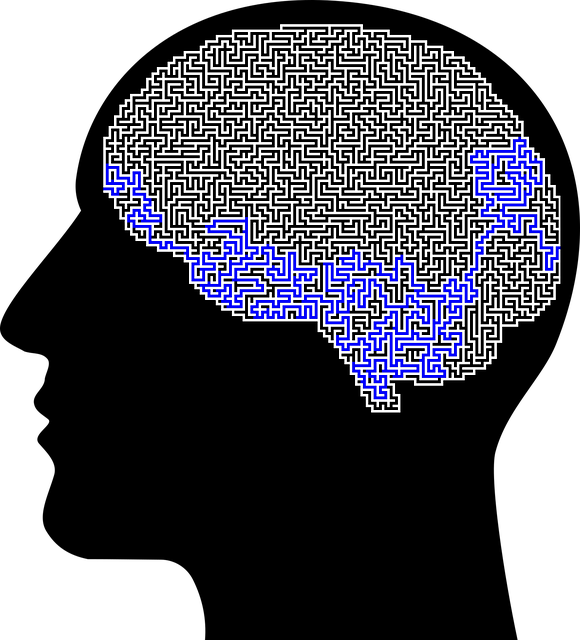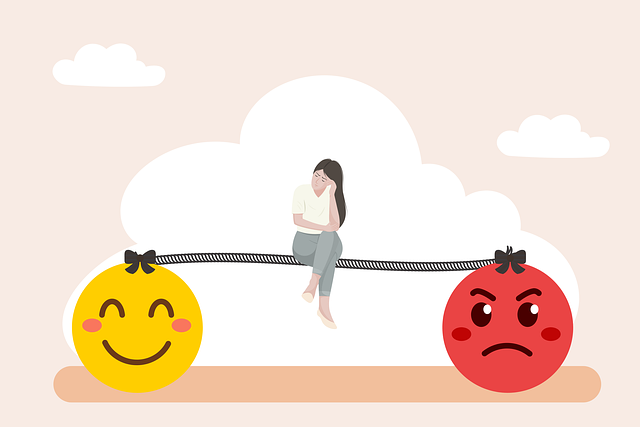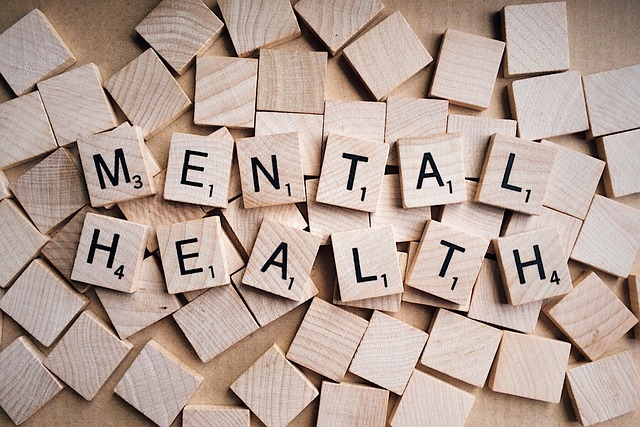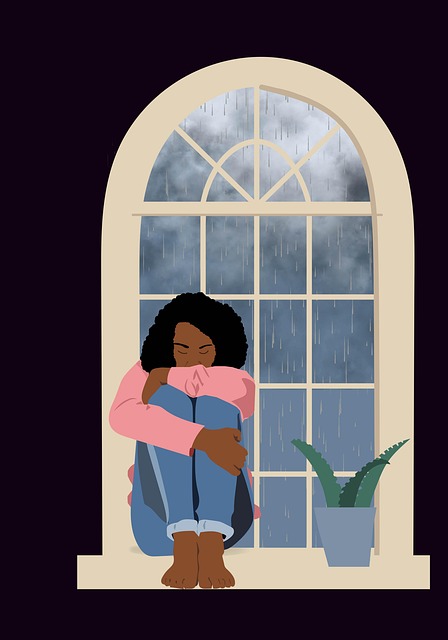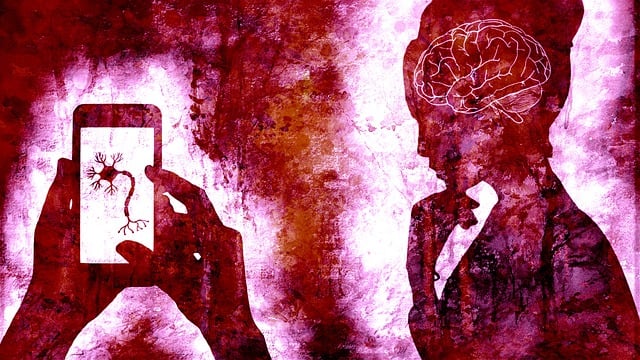In today's digital age, the rise of mental wellness apps powered by Lone Tree Cognitive Behavioral Therapy (CBT) is transforming therapy accessibility and destigmatizing mental health issues. These apps offer on-demand CBT techniques like mood tracking, guided meditations, and progress monitoring to empower users in managing anxiety and depression. Key features include interactive modules for challenging negative thought patterns, mindfulness exercises tailored to individual needs, and community forums for peer support. The Lone Tree CBT App sets a new standard for accessibility, with plans to enhance its effectiveness through Social Skills Training, healthcare professional collaborations, and adherence to Mental Health Policy frameworks.
In today’s fast-paced world, mental wellness is more critical than ever. The rise of digital solutions, particularly mental wellness apps, reflects a growing need for accessible, personalized support. This article explores the development of such apps, focusing on the potential of Lone Tree CBT App, a case study demonstrating the effectiveness of integrating Lone Tree Cognitive Behavioral Therapy (CBT) features. We delve into strategies for creating impactful mental health tools that cater to modern users’ unique needs.
- Understanding the Need for Mental Wellness Apps
- Developing Effective Cognitive Behavioral Therapy (CBT) Features
- Lone Tree CBT App: A Case Study and Future Potential
Understanding the Need for Mental Wellness Apps

In today’s fast-paced world, mental wellness is a growing concern for individuals navigating the challenges of modern life. The rise in burnout prevention and stress reduction methods has highlighted the need for accessible and personalized support. Lone Tree Cognitive Behavioral Therapy (CBT) has emerged as a popular therapeutic approach, offering evidence-based techniques to manage anxiety, depression, and other common mental health issues. Apps that incorporate CBT principles have the potential to reach a wide audience, providing on-demand access to therapy and fostering better mental health awareness.
Mental wellness apps cater to diverse user needs, from tracking mood patterns to offering guided meditations and cognitive exercises. By leveraging technology, these tools enable individuals to take charge of their mental well-being proactively. Moreover, as mental health policy analysis and advocacy gain momentum, apps that prioritize user privacy and offer evidence-based interventions can contribute to broader efforts to destigmatize mental illness and improve access to care.
Developing Effective Cognitive Behavioral Therapy (CBT) Features

Developing effective cognitive behavioral therapy (CBT) features for a mental wellness app requires a strategic approach to support users in managing their thoughts and emotions effectively. Lone Tree Cognitive Behavioral Therapy should focus on integrating evidence-based techniques, such as self-care practices and compassion cultivation practices, to foster positive changes. By incorporating mindfulness meditation exercises tailored to individual needs, the app can help users develop resilience and coping strategies for stress and anxiety.
Key features could include interactive modules that guide users through identifying negative thought patterns, challenging cognitive distortions, and replacing them with more balanced perspectives. Regular tracking mechanisms should allow individuals to monitor their progress, set achievable goals, and celebrate milestones. Additionally, incorporating community forums or peer support groups within the app can create a sense of belonging and encourage open discussions around mental health challenges, further enhancing the overall therapeutic experience.
Lone Tree CBT App: A Case Study and Future Potential

The Lone Tree CBT App stands as a promising case study in the realm of mental wellness app development. This innovative application leverages cognitive behavioral therapy (CBT) techniques to assist users in managing anxiety, depression, and other common mental health challenges. By providing accessible and interactive tools for self-assessment, coping strategies, and personalized therapy sessions, the app offers a discreet and convenient solution for those seeking support.
Looking ahead, the integration of Social Skills Training modules within the Lone Tree CBT App could further enhance its impact, fostering connection and community among users. Additionally, aligning with broader Mental Health Policy Analysis and Advocacy, the app’s developers could collaborate with healthcare professionals to ensure evidence-based practices and promote effective Conflict Resolution Techniques. Such developments promise not only to improve individual mental wellness but also to contribute to a more comprehensive and supportive societal landscape.
Mental wellness apps, particularly those incorporating elements of Cognitive Behavioral Therapy (CBT), are becoming indispensable tools in promoting individual well-being. As evidenced by the success of the Lone Tree CBT App, these applications not only provide accessible and affordable therapy but also offer personalized experiences tailored to diverse mental health needs. With ongoing innovation and research, the future of mental wellness app development promises even more effective interventions, making it an exciting time for both developers and users seeking improved mental health outcomes.

